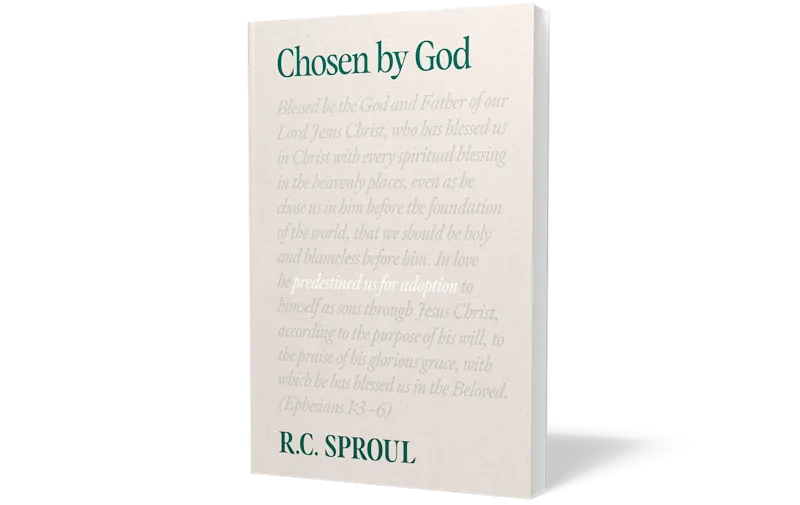Here’s an excerpt from Predestination and Human Actions, James N. Anderson's contribution to the April issue of Tabletalk:
The Reformed or Calvinistic doctrines of providence and predestination are often charged with being fatalistic. Yet this characterization trades on some deep confusions. Calvinism does indeed affirm that all events in creation are foreordained by God. As the Westminster Confession of Faith puts it, “God, from all eternity, did, by the most wise and holy counsel of his own will, freely, and unchangeably ordain whatsoever comes to pass” (3.1). Nevertheless, the confession immediately adds that this divine foreordination does not render meaningless the wills of God’s creatures. On the contrary, God normally works out His eternal purposes though secondary causes such as human agents and natural processes. Biblical examples of God directing human actions to His own ends include the story of Joseph (Gen. 45:5–8; 50:20), the Assyrian conquest of the kingdom of Israel (Isa. 10:5–11), and the crucifixion of the Lord Jesus (Acts 4:27–28).
Continue reading Predestination and Human Actions, or begin receiving Tabletalk magazine by signing up for a free 3-month trial.
For a limited time, the new TabletalkMagazine.com allows everyone to browse and read the growing library of back issues, including this month’s issue.

